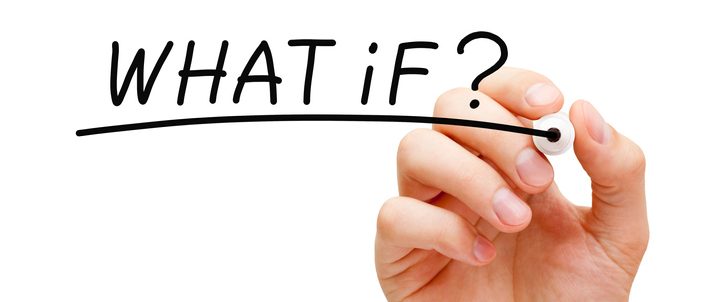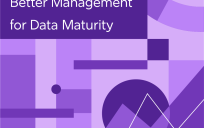 One of government’s biggest challenges in the last decade has been the continued existence of data silos. These silos lock valuable information behind a handful of gatekeepers and prevent the easy access that’s necessary for actionable insight.
One of government’s biggest challenges in the last decade has been the continued existence of data silos. These silos lock valuable information behind a handful of gatekeepers and prevent the easy access that’s necessary for actionable insight.
I’ve spent time in this space examining why and how government leaders should break down these silos. As a former elected official, I understand the load of simply maintaining services day-to-day. Adding something that seems theoretical to that load could be considered too much. In truth, however, breaking down silos creates the connections necessary for governments to withstand reduced resources, a shifting workforce, and political uncertainty.
It makes the load lighter.
There’s no better time to revisit the need to transform operations than the start of a new decade. Instead of thinking of the shifts that must occur as more rocks to move, we’d be wiser to imagine the possibilities that await our communities:
- What if, for example, each agency in a jurisdiction could operate independently, yet connect to the community across traditional lines?
- What if police could pre-book arrests while en route to the jail?
- What if first responders arrived at incidents with real-time aerial and street-front imagery?
- What if residents could access and pay for government services online with a single ID?
- What if a mobile app allowed residents to report service issues and then automatically assign those issues to the right department for resolution?
- What if there was a common parcel record that allowed the tax office, planning department, GIS, utilities, and public safety to all work together from a shared data point?
- What if adjacent communities shared information about vendors and developers?
- What if a teacher request for field trip transportation automatically triggered the funds to be reserved from the appropriate budget?
- What if a school bus could be re-routed automatically to avoid sending children near an unfolding public safety incident?
These types of connections harness data through modern technology to share across boundaries, automate processes, streamline operations, and improve communities.
What are your “what if” scenarios? What do your constituencies need from you? Simply imagining “what if” can transform your government to be more efficient and capable in 2020 and beyond.
Meredith Trimble is a GovLoop Featured Contributor. She is a former municipal official and Town Council Acting Chair, who focused on strategic planning, annual budgeting, and bonded infrastructure projects. Her government experience also includes posts in both federal and state-level executive branch agencies: Associate Editor of the U.S. Federal Election Commission’s FEC Record; and Director of Education for the CT Office of State Ethics. In her current role as a Senior Content Specialist with Tyler Technologies, Inc., she writes content to help empower those who serve the public. Her current focus is to help facilitate data-enabled organizations as well as to create connections between governments and those they serve. You can read her posts here.





Leave a Reply
You must be logged in to post a comment.